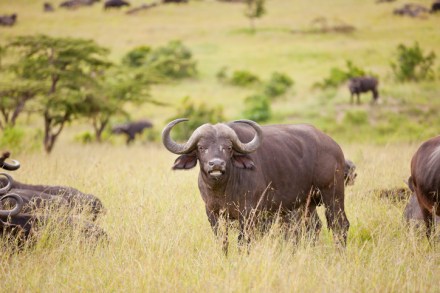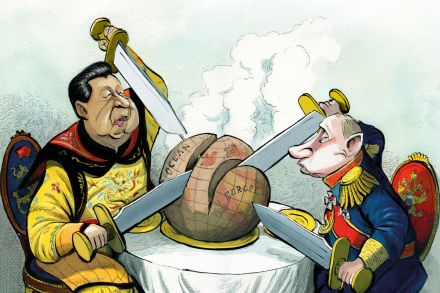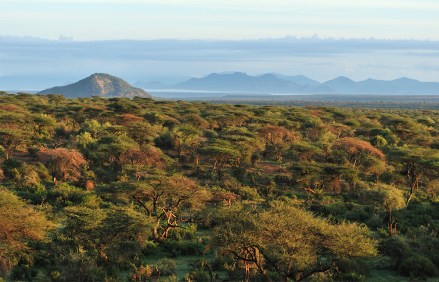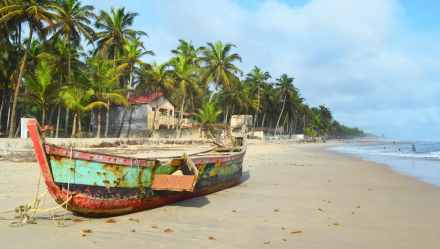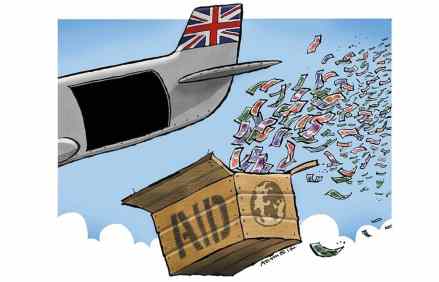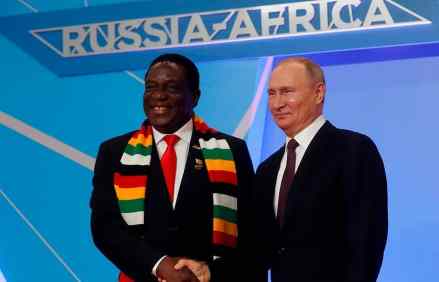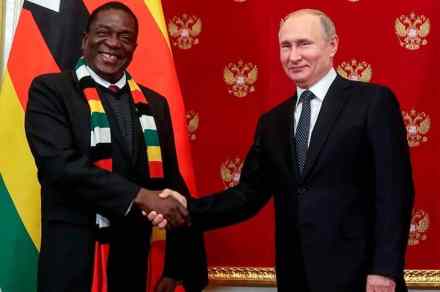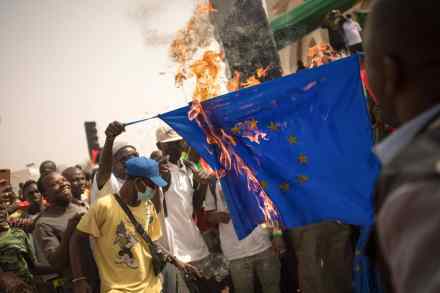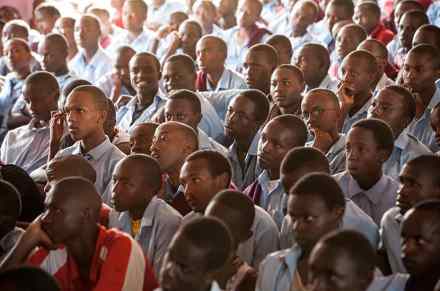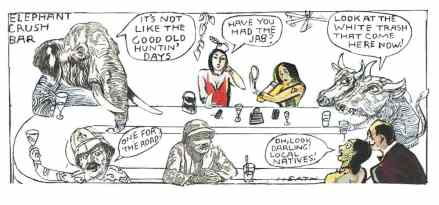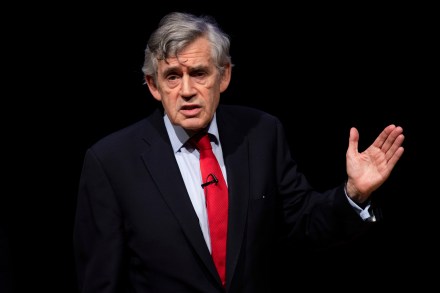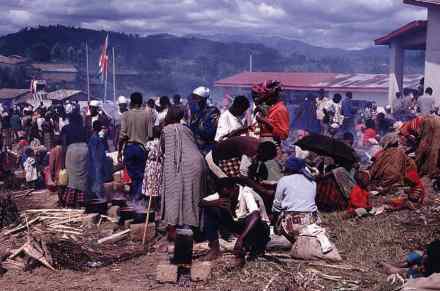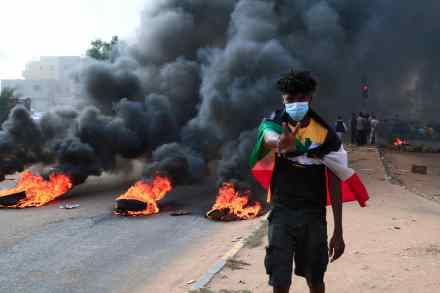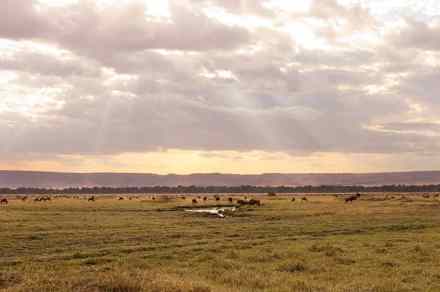Am I having a heart attack?
Nairobi Some of our medical practitioners in Kenya advertise their services on street corners. ‘Bad omens, lost lovers, broken marriage, BIG PENIS,’ say hand-painted notices nailed to telegraph poles. ‘Love potions, LUCKY RING, Do-As-I-Say Spells, business boosting magic, land issues, lost items, herbs from the underseas.’ I admit to needing help on many of these things, but on this day, my GP only wanted me to get an electrocardiogram. Feeling on top of the world, I skipped into a gleaming white clinic in Nairobi, paid the fee, lay down, got rigged up with electrodes and had a pleasant chat with the nurse. Within minutes my report arrived, explaining that my



